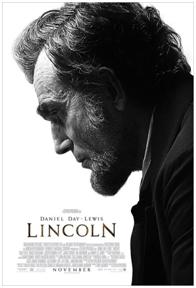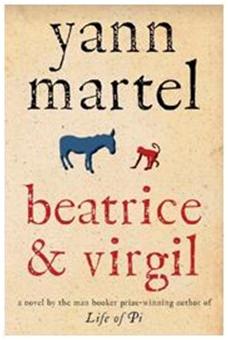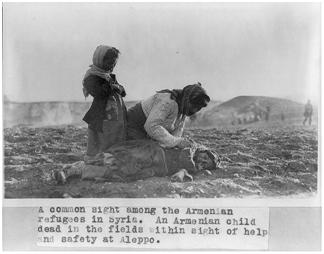 Last night we went to the film Lincoln, starring Daniel Day Lewis. This was an extremely enjoyable film and certainly made one think. The year is 1865 and Lincoln, like Barak Obama, has just been elected for a second term.
Last night we went to the film Lincoln, starring Daniel Day Lewis. This was an extremely enjoyable film and certainly made one think. The year is 1865 and Lincoln, like Barak Obama, has just been elected for a second term.
So much of the film is familiar. Congress holds the president to ransom; the forces of conservatism are pitched against the forces of “radicalism”, or liberalism. The film covers Lincoln’s last months as he stands on the threshold of history. The thirteenth amendment to the constitution was to abolish slavery in the United States. Other amendments were added later, building on this, the most radical of all amendments to the constitution. The most surprising this about this film is the fact that Lincoln was a republican and it was the Republican party that was most in favour of the abolition of slavery, the Democrats were opposed. And yet, nearly 100 years later, it is a Democrat president, John F Kennedy who finally brings full civil rights to Black Americans and finally, the first black president is also a Democrat. How things change over time.
At the crucial vote to pass the Thirteenth amendment, the speaker elects to cast his vote, for as he says, history is being made. Now, it is impossible to imagine a world where the United States had not legislated against slavery.
The film does no favours to the American political system. Then as now, the system is open the bribery and corruption – then as now the votes of Congressmen can be bought. And the film certainly does no favours to those who are on the religious right. How can anyone say that slavery is ordained by God? And yet the religious right did.
 I am really struggling with this book – normally I pick up a book and begin reading. The plot will unfold and by the third chapter I will have the map of the unknown country described by the author in my head. But here it is a different story. I was struggling so much that I have had to resort to reading reviews etc. just to be able to grasp what this book is about.
I am really struggling with this book – normally I pick up a book and begin reading. The plot will unfold and by the third chapter I will have the map of the unknown country described by the author in my head. But here it is a different story. I was struggling so much that I have had to resort to reading reviews etc. just to be able to grasp what this book is about.
